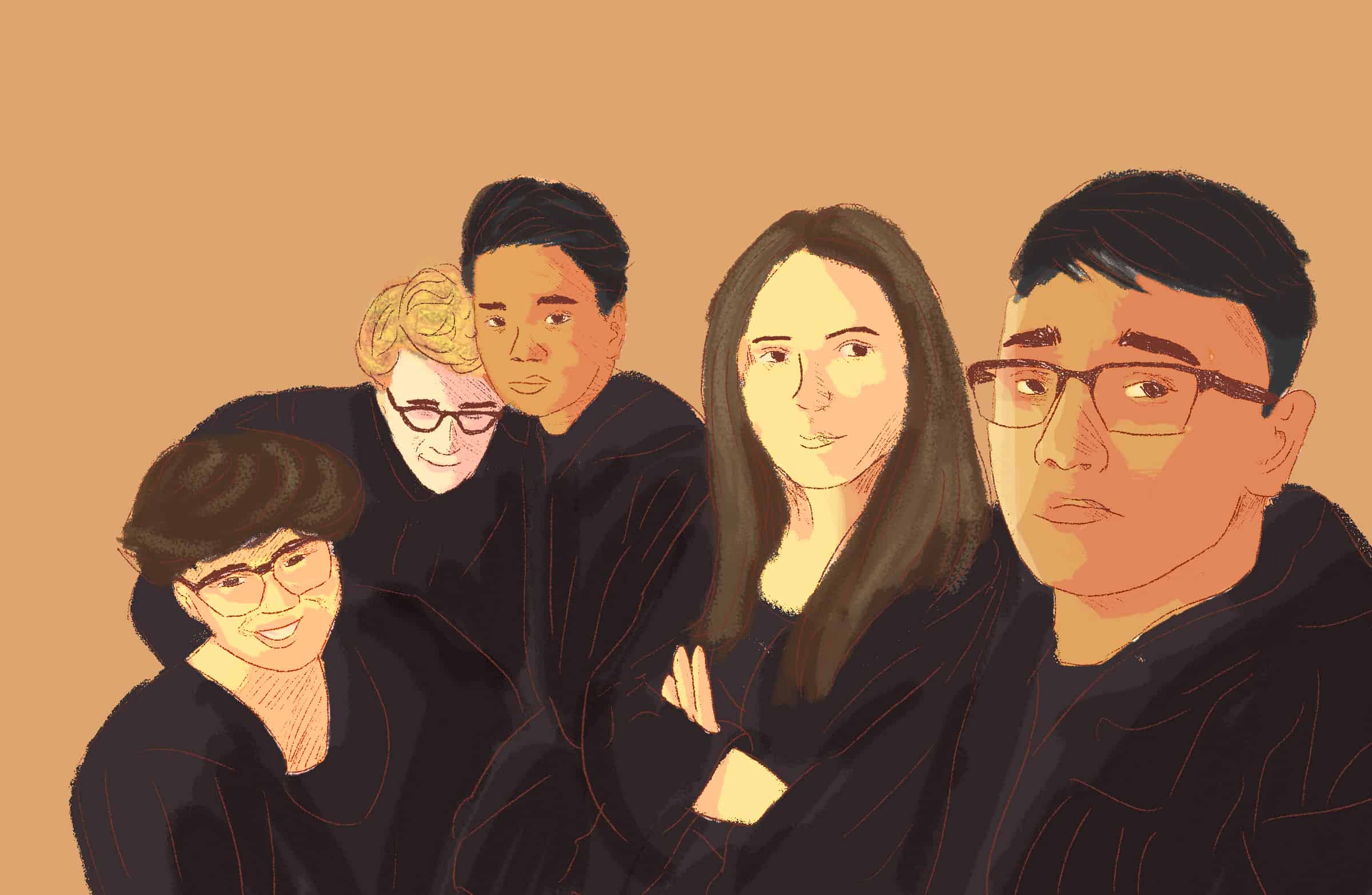[dropcap]I[/dropcap]t’s Friday night. As usual, Michael phones me to ask to go out for drinks. As usual, I can’t, because I’m dealing with yet another issue at home.
“Again?” he says.
“Yeah, sorry. Maybe next week.”
I know next week won’t work either. It’s hard to decide what’s worse: having to turn down friends for reasons they do not really understand and that I’ve never fully explained — even if they do try to empathize — or being cut out completely from their social lives because they stop sending the invitations after I say no enough times.
The reasons for my social isolation are surprisingly simple. Over the summer, my mother fell ill, leaving me suddenly responsible for things like taking care of the family home, managing the finances and bills, and shopping and cooking for myself, my brother, and my mother. All this goes on while I am still juggling being a full-time student, involvement in student politics and campus life, applying for graduate school, and everything else that someone my age deals with.
Of course, trying to balance school with “adulting” as we have cutely started calling it, is something that anyone with experience living on their own has done. But it is made significantly more arduous with the real-world implications of your parent being in hospital or at home recovering with you.
You might assume the biggest repercussions that arise are academic, but this has not been the case for me. After explaining to a professor that I would be missing a class to pick up my mom from the hospital, she very graciously offered any accommodation I would need throughout the semester without me having to ask. My college’s administration was also quick to help me navigate the plethora of bursaries and awards available to help with my financial situation.
I’ve found that the worst repercussions are social. Friends, understandably, do not know how to respond to situations like mine. People who have not experienced this kind of hardship are rarely sure what to do besides a well-intentioned Facebook message stating that they’ll be there for me if I need anything. One friend ordered me a pizza once, which is actually more helpful than it sounds.
After the initial ‘hope you’re okay’ message, what would be really helpful is companionship. Inevitably, people worry about how to act around me and sometimes avoid any interaction at all, out of indecision over what actions or words might fracture my apparently eggshell exterior. One outcome is that people never mention that anything is wrong, while another is that people only ever mention that something is wrong.
After a couple weeks of not hearing from Michael, I shoot him a message. “Hey, how come you haven’t been in touch for a while?” I ask.
“You seemed really busy, so I didn’t want to bother you,” he responds. But even at the worst of times, hearing from friends is never a bother.
[pullquote-default]
It can sometimes be easy to let yourself slip into despair about everything.
[/pullquote-default]”Why aren’t my ‘friends’ even asking if I’m doing okay?” I later vent to a friend.
“Probably because you don’t give them any indication that you need their support,” she suggests. And she’s right. I continually refuse to reach out to most people and ask for help, so how would anyone know?
At the same time, there are some who, without fail, always ask very personal questions about how my life is going. “Are you doing okay? How has everything been?” asks the boss of my summer job every time I had to meet with her. There’s an infuriating, unspoken emphasis on “everything.”
She was reducing my identity down to the bad things in my life and doing so only makes it harder for me to move on. I always give the honest truth, even when people just ask to be polite. Rationally, all of this is, of course, a contradiction. I cannot have it both ways: I should either want people to ask me how I’m doing or not.
On top of this is the guilt. When those impossibly few people who both ask about my problems but do not ask too much, I agonize that I will be the one to talk too much. It is very easy to get sucked into despair and lose faith in those around me, either because they do not seem to care or because I do not want them to care too much.
“I want you to like me for me, not because you are worried that I have nobody else to vent to,” I confide to a close friend after a particularly difficult time.
Their response helps enormously: “Talking with you is one of the highlights of my day, even when the conversations are hard.” I never tell them just how much it helps to hear that.
All of this is just the new normal. It can sometimes be easy to let yourself slip into despair about everything. Most people are good people who do want to help, but that understanding is very easily buried under the belief that most people just do not care.
It takes a lot to rebuild that kind of faith in others, and it would be very easy to hold on to that negative belief system. But I’m working on it — slowly, but surely.
The Belief Issue of The Varsity Magazine is on stands March 22. Read more on magazine.thevarsity.ca.


